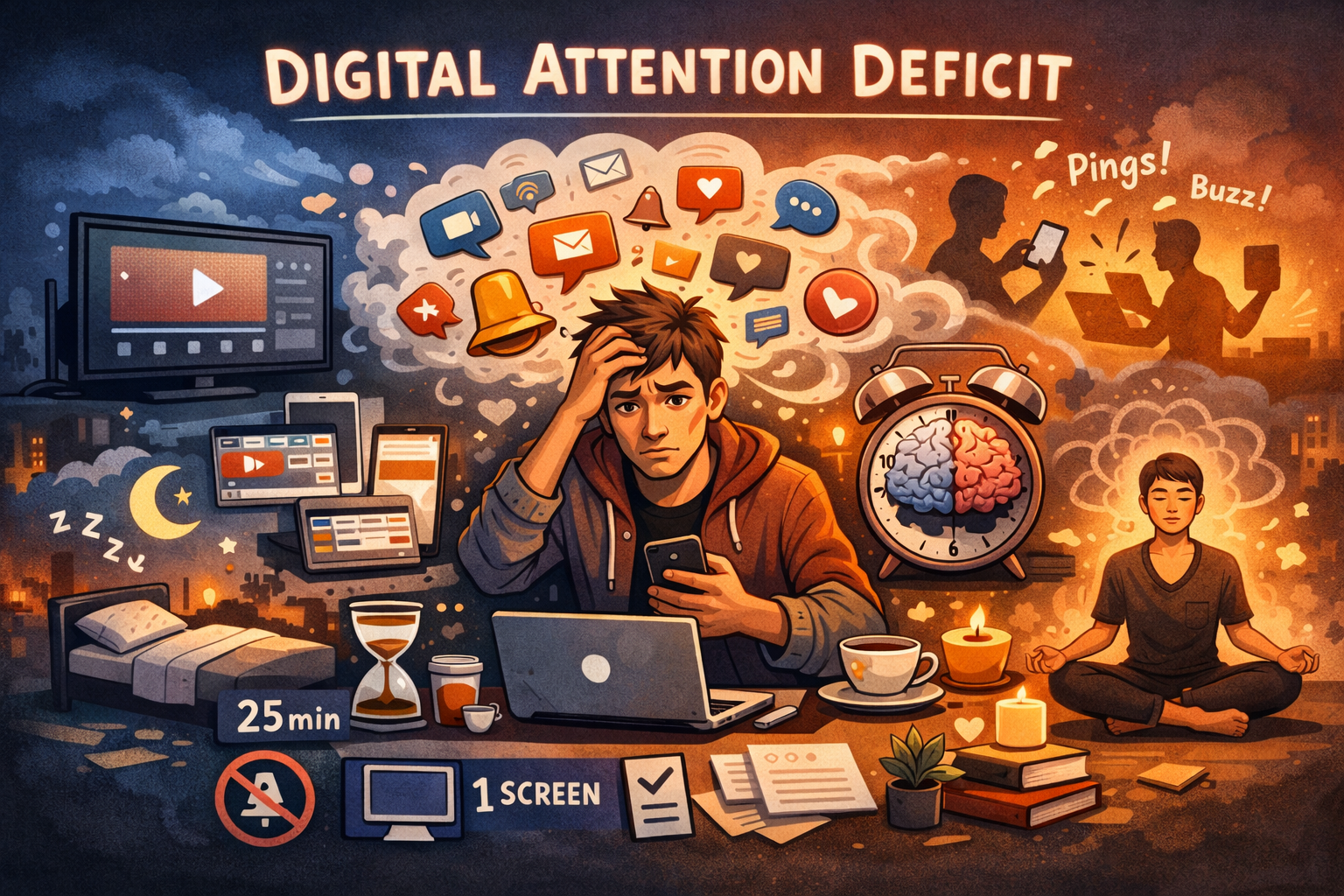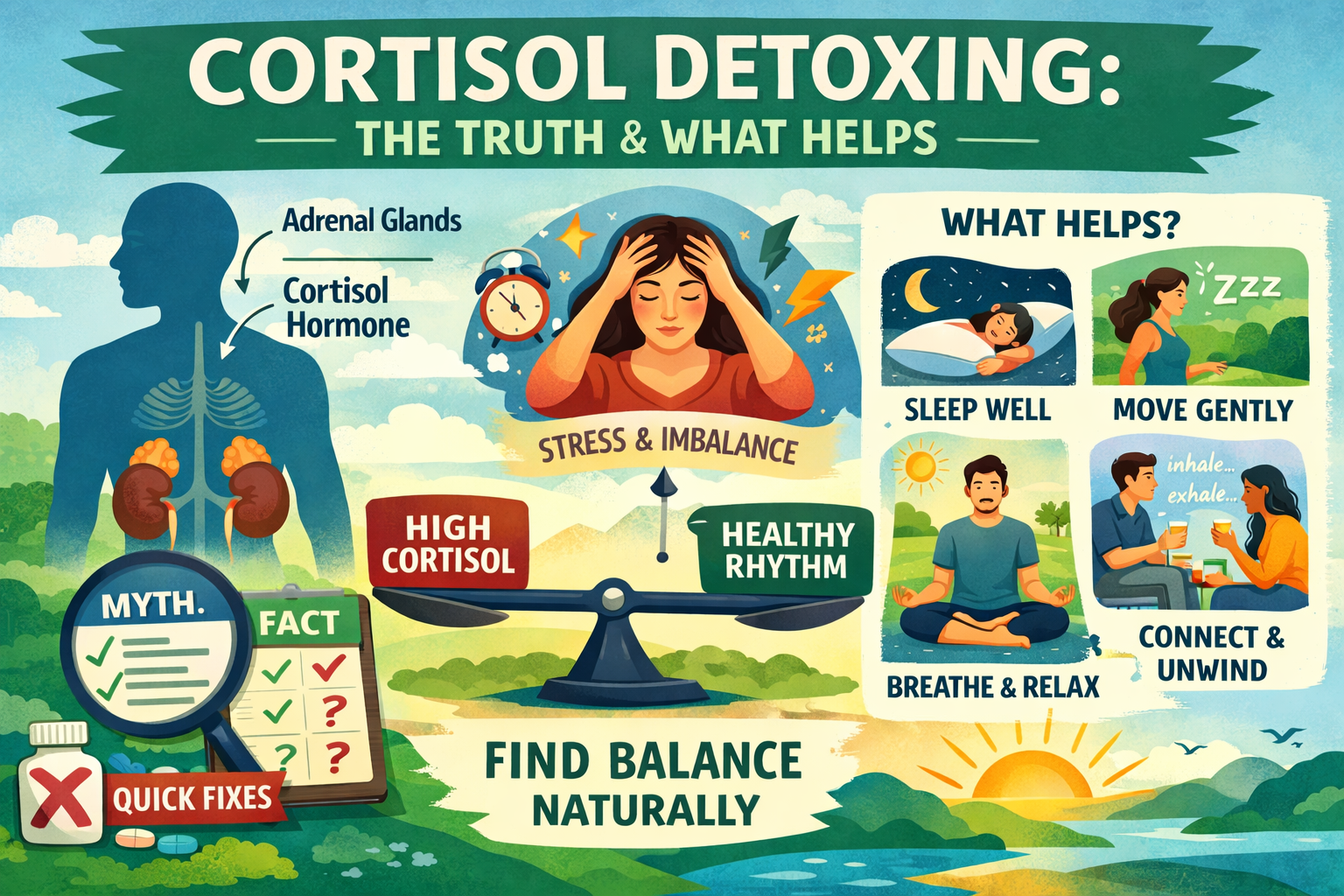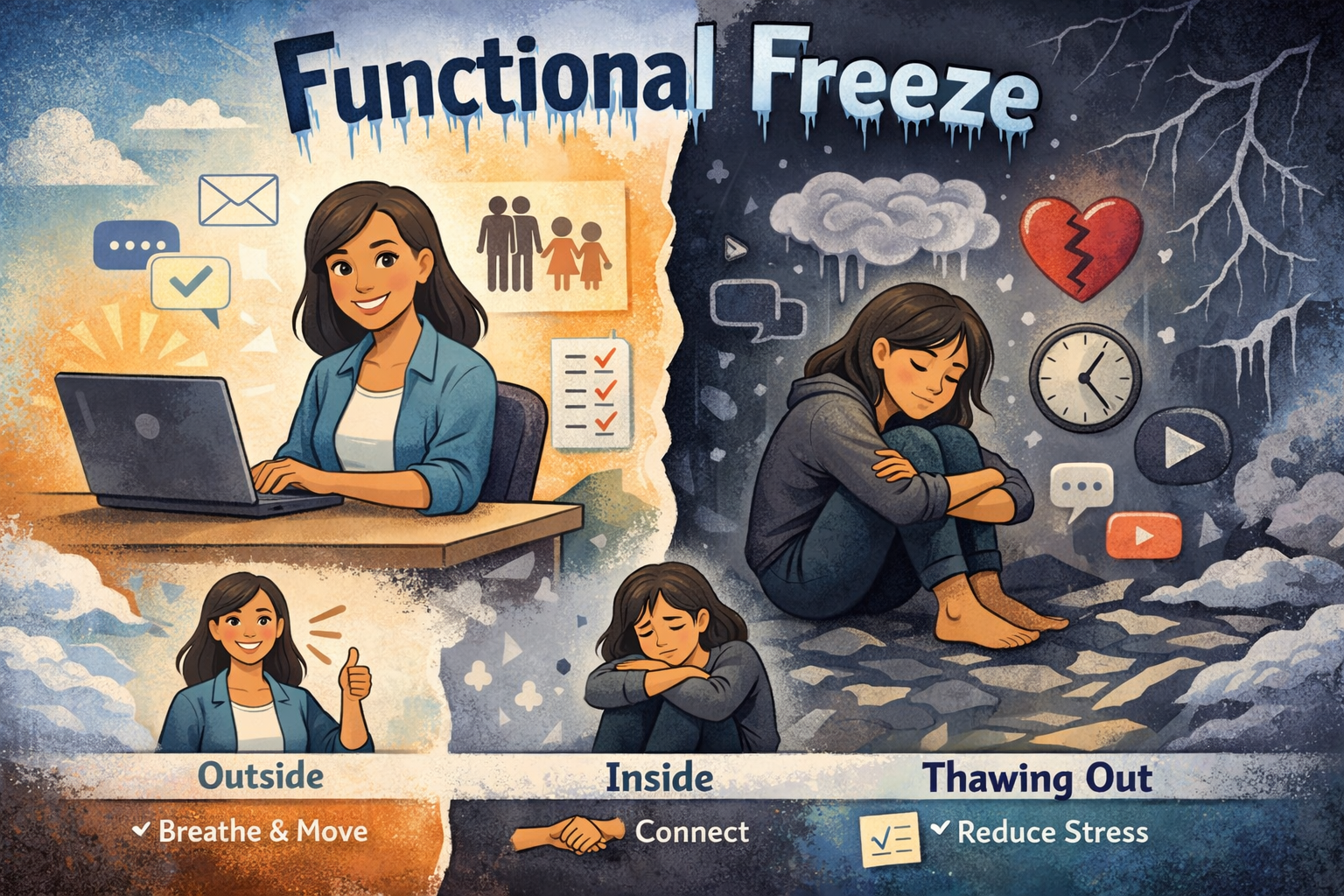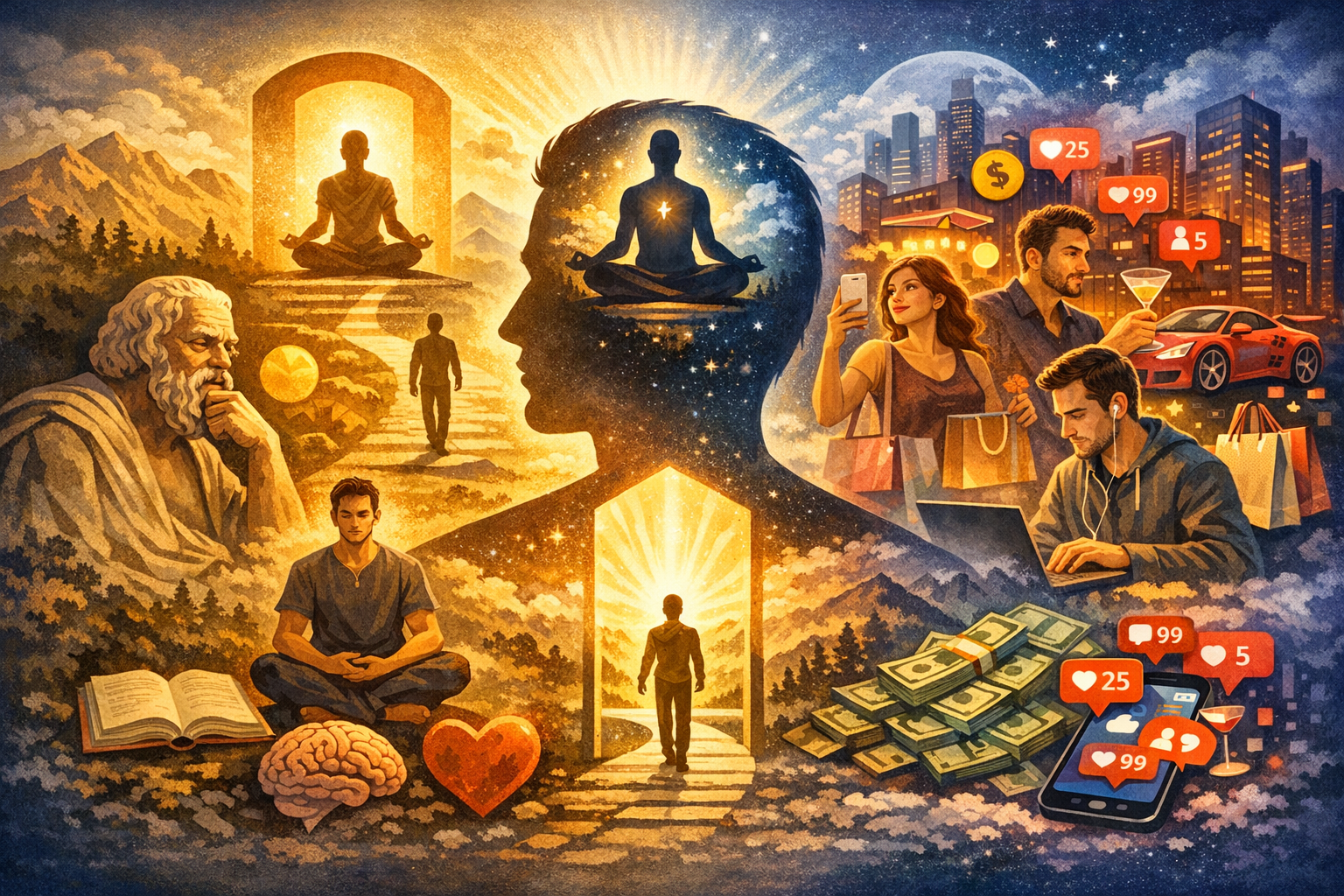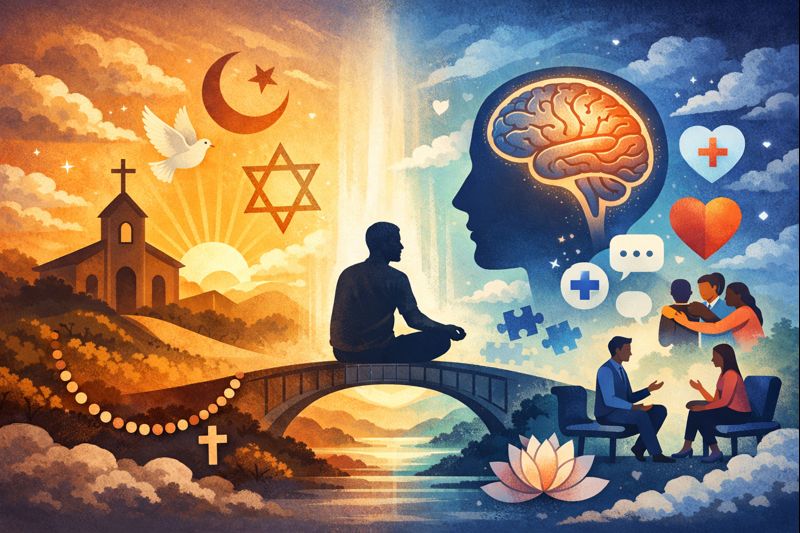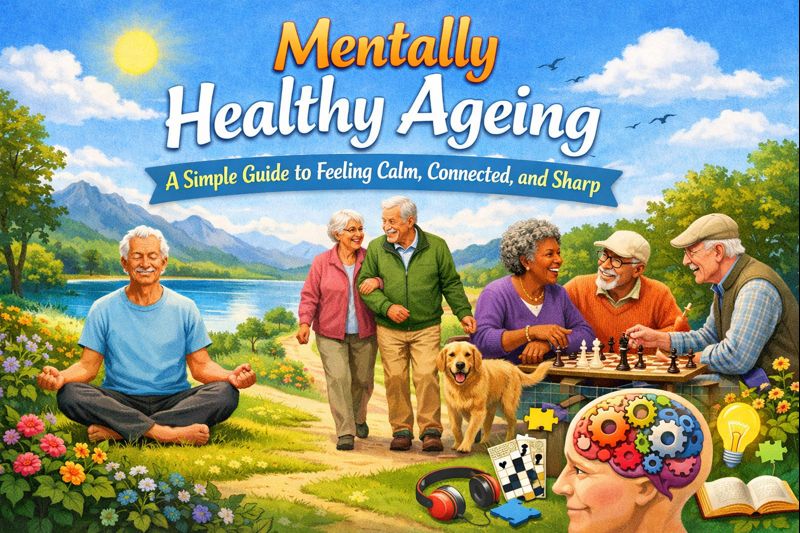In recent years, mental health has become a major focus in public discussions. People are now more comfortable talking about their mental struggles and seeking ways to improve their mental well-being. At the same time, another crucial area of health is starting to get attention—sexual well-being. Sexual health is important but is often overlooked. What many do not realize is that our psychosexual life and mental health are closely connected. When we understand this link, we can find ways to improve both areas of our lives.
What is Psychosexual Health?
Psychosexual health is not just about physical sex. It covers our thoughts, feelings, and attitudes about sex. It includes how we feel about ourselves as sexual beings. Psychosexual health affects how we connect with others in intimate or romantic situations. It’s a combination of our psychology (our mind and emotions) and our sexuality. Psychosexual health is about balancing our desires with our emotional needs. In simple terms, it’s how we understand ourselves in sexual contexts and how comfortable we feel with intimacy. Psychosexual health influences our self-image, self-worth, and how we relate to romantic partners.
The Connection Between Psychosexual Health and Mental Health
At first, psychosexual health and mental health may seem separate. They are actually closely connected and affect each other in ways we may not see right away. Research shows that problems in our psychosexual lives, like low self-esteem, relationship anxiety, or feeling inadequate in intimate settings, can impact our mental health. In the same way, mental health struggles like depression, anxiety, or trauma can hurt our psychosexual health. These mental struggles can make it harder to feel desire, feel confident, or enjoy intimacy.
This relationship works both ways. Mental health problems can affect our psychosexual lives, and psychosexual issues can affect our mental health. When we feel happy and fulfilled in our romantic and sexual lives, it can lift our spirits. It gives us a sense of joy and purpose. On the other hand, if we feel insecure, disconnected, or ashamed, it can lead to loneliness, anxiety, and sometimes depression. This cycle can be hard to break, as mental health affects psychosexual health, and psychosexual health affects mental health.
How Mental Health Affects Psychosexual Health
Mental health has a huge impact on our sexual and romantic lives. For example, conditions like depression and anxiety can reduce sexual desire. This makes it harder to connect with a partner. For some, it’s hard to feel joy or pleasure in intimate moments when mental health is struggling. Medications used for mental health treatment, such as antidepressants, can also affect libido, making it a challenge for those trying to maintain a healthy intimate life.
Trauma, such as a history of abuse, can have an even deeper impact on psychosexual health. Trauma can create various responses, from avoiding intimacy to having difficulty trusting partners. Some may feel uncomfortable or unsafe in close relationships. Therapy and support can help these individuals heal, but the journey to feeling safe and happy in intimate situations may take time.
Self-esteem is another key factor that links mental health and psychosexual health. When people struggle with mental health issues, it can lower their self-esteem. This often makes them feel inadequate, unattractive, or unworthy. These feelings can affect how people feel about themselves in romantic or sexual settings. Lower self-esteem leads to insecurity in relationships, which then becomes a barrier to healthy and fulfilling connections.
How Psychosexual Health Influences Mental Health
The connection between psychosexual health and mental health goes both ways. Our psychosexual health can shape our mental well-being. When we have positive, fulfilling sexual and romantic relationships, it helps us feel happier, more confident, and more connected. These positive feelings help boost self-worth and reduce stress. Studies show that physical intimacy releases hormones like endorphins and oxytocin, which make us feel happier and reduce anxiety.
However, problems in our psychosexual lives, like sexual dysfunction or relationship issues, can create mental health struggles. For example, men dealing with erectile dysfunction or women with low libido may experience stress and embarrassment. These problems can lead to feelings of inadequacy, which can harm mental health. Sexual problems often create tension in relationships, which can lead to isolation, guilt, or frustration. All of these negative emotions can contribute to mental health conditions, such as anxiety and depression.
Breaking the Cycle: Steps to Improve Psychosexual and Mental Health
Understanding the link between psychosexual health and mental health is a first step. When we see how these two things affect each other, we can work on improving both. Here are some steps to help break the cycle and support both psychosexual and mental well-being:
- Seek Therapy: Talking with a therapist who specializes in psychosexual health can be very helpful. Many mental health professionals are trained to address both mental health and sexual well-being. Therapy can help us work through issues around intimacy, process past trauma, and build healthier relationships with ourselves and others.
- Practice Self-Compassion: Being kind to ourselves is essential. When we are self-critical, it can harm both mental and psychosexual health. Practicing self-compassion allows us to accept ourselves. This helps us build confidence and feel more comfortable in intimate situations.
- Prioritize Communication in Relationships: Open communication with partners can reduce misunderstandings. It can build trust and create a safe space for both mental and sexual well-being. Discussing needs, boundaries, and insecurities strengthens relationships and can ease stress or anxiety related to intimacy.
- Mindfulness and Stress Management: Practicing mindfulness, meditation, and stress management has positive effects on both mental health and psychosexual well-being. Lowering stress can improve libido and help us feel more connected in relationships.
- Educate Yourself: Learning about psychosexual health and how it connects to mental health can be empowering. When we understand the natural changes in libido, desire, and emotional connections, we can approach these aspects of life with less judgment and more acceptance.
The Importance of Destigmatizing Psychosexual Health
Many people still feel uncomfortable talking about psychosexual health. This discomfort stops people from seeking help or discussing their issues. Psychosexual health, like mental health, is a natural part of life. Society should work to destigmatize discussions about it, as we have with mental health. Normalizing these conversations can reduce feelings of shame and encourage people to seek support without fear of judgment.
Conclusion
The link between psychosexual health and mental health is real and deeply important. By recognizing this connection, we can take steps to nurture both areas, leading to a more balanced, fulfilling, and happy life. Open discussions, self-education, and seeking professional help can make a significant difference. These actions can help us break free from cycles of negative thinking and dissatisfaction. Embracing both mental and psychosexual health as natural parts of life can lead to stronger relationships, better self-esteem, and a healthier, more resilient mind and body.
To read more on mental health, visit Mind Therapy Blog



